The idea looks set to be debated this October at the SNP party conference in Aberdeen.
Proposals to start school later in Scotland aren’t new. The idea has been kicked around for several years, and attracted high profile support.
However, a resolution to the SNP party conference this autumn has brought it back into the limelight.
Supporters say a play-based kindergarten stage for three to six-year-olds will boost children’s wellbeing.
It would also bring Scottish education in line with the best performing countries internationally.
Critics worry it will hamper literacy and numeracy – and could even widen the attainment gap.
What do you think?
Test paranoia
Across the world, the data shows that many of the top performing education systems focus on play-based learning in the early years.
In fact, the UK is a bit of an outlier internationally. While pupils here generally start primary school at four of five, most European nations aim for seven.
This provides more time for a ‘kindergarten’ approach focusing on time outdoors, play-based learning and wellbeing.
Independent charity Upstart Scotland is one of the most vocal advocates of the kindergarten system.
David Ashford, from the Isle of Skye, helped get the organisation up and running and today serves as treasurer. He has spent many years campaigning against what he sees as a toxic test culture.
“I met Sue Palmer [now chair of Upstart Scotland] five or six years ago and she told me about the amazing work she’d been doing to try to counteract the test and examination processes that go on for children from a very young age,” says David.
His attention piqued, David offered to do the bureaucratic bit of establishing Upstart Scotland as a charity, leaving Sue “on the front line” as he puts it.
Today, the group has hundreds of members pushing to change the school start age in Scotland.
“Primary school teaching today is very much based on pressure on the children from the educationalists,” says David. “It’s easy for society to get paranoid about tests and exams, but in my opinion children that age shouldn’t be put under pressure. They come into this world from nowhere, and should be treated like the precious little gems that they are.”
A question of priorities
Precious gems or not, critics of the plan say children need to get an early start on literacy and numeracy. Children aged five can handle school, and it has many positive benefits for pupils from disadvantaged backgrounds.
Speaking to the Courier last year, literacy consultant Anne Glennie argued that English is more diverse and complex than other European languages, so it takes more time to learn.
While pupils in Finland start school at seven and lead the world in performance, they don’t have the same socioeconomic challenges as we have in Scotland, says Anne.
On the contrary, Upstart Scotland points out that many years of formal schooling have failed to close the attainment gap. At the same time, the UK still records poor scores for child wellbeing according to UNICEF data.
David puts it bluntly. “They are clinging on to old adages and falsehoods that have perpetuated for centuries. Formal schooling for young children has its origins in Victorian times when they wanted children pushed aside to get their parents back into the factories.
“It’s common sense to me that if you artificially pressurise children you stack up their problems for later in life. Young people have a right to natural play in their own environment. We all need to be more attentive to the world around us.”
‘Chink of light’
Upstart Scotland believe the time might finally be right for change.
They helped to shape the resolution, which is brought to conference by SNP policy convenor Toni Giugliano. The resolution formally asks the Scottish Government to replace the primary one year with a statutory play-based kindergarten stage for three to six year olds.
Resolutions first go to party branches, and the most popular will be thrashed out at conference.
David believes the resolution already has a great deal of support. “Up until now, we have had a rather rigid view of testing in schools, but in recent times I believe I’ve seen a chink of light,” he says.
Indeed, the Scottish Government has suggested the proposals could form part of a “national conversation” around education.
The idea has long been supported by the Scottish Liberal Democrats and the Greens.
It’s a potentially seismic shift, but Upstart Scotland believe it’s long overdue.
“I’m confident that we have the intelligence and capacity to be flexible in our education system,” says David.
More from the Schools & Family team
Concerns raised about report into Aberdeenshire teachers’ Whatsapp messages
Have your say: Is it okay to take your kids on holiday during term-time?
Summer history lessons: Our ideas for educational outings in the north

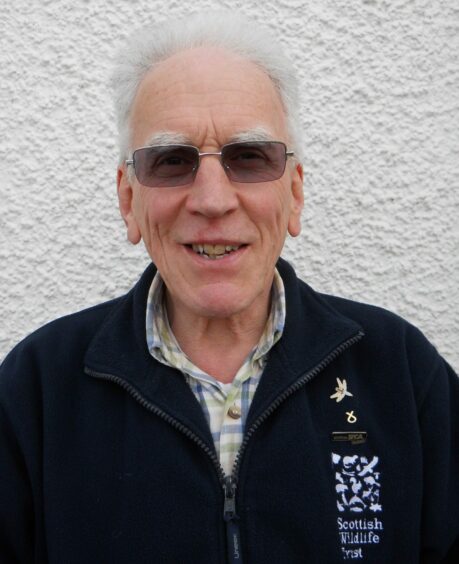
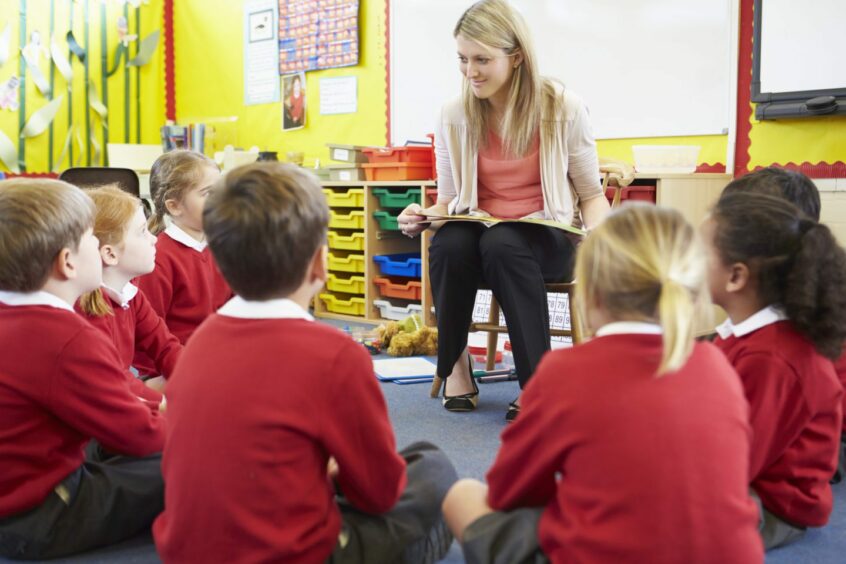
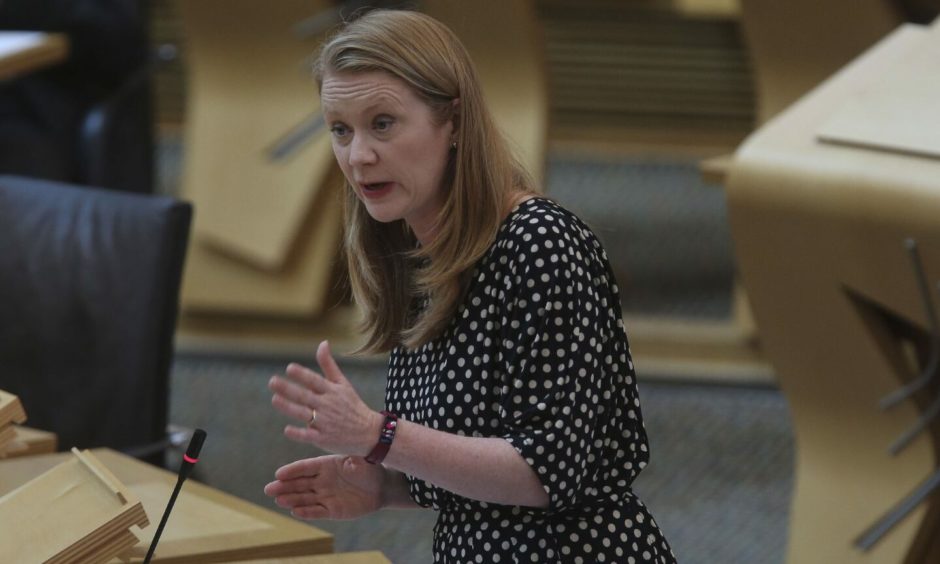
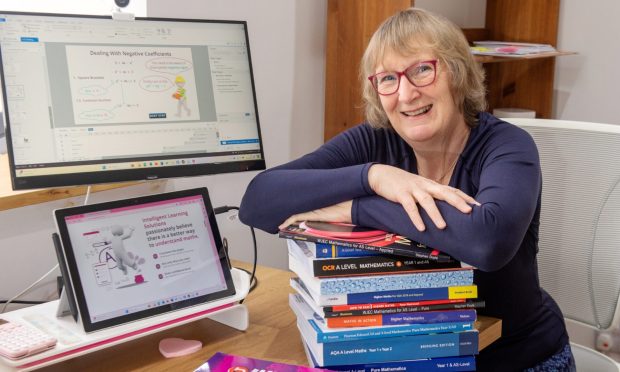
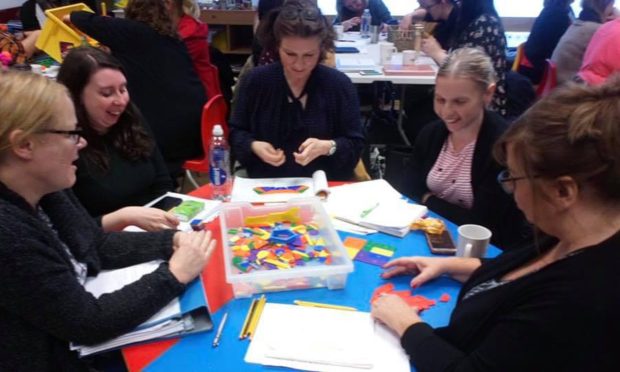
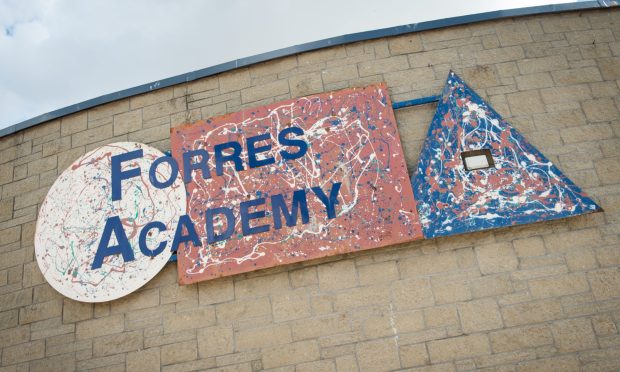
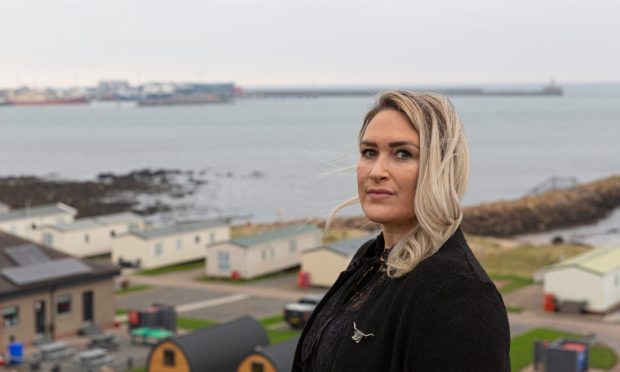
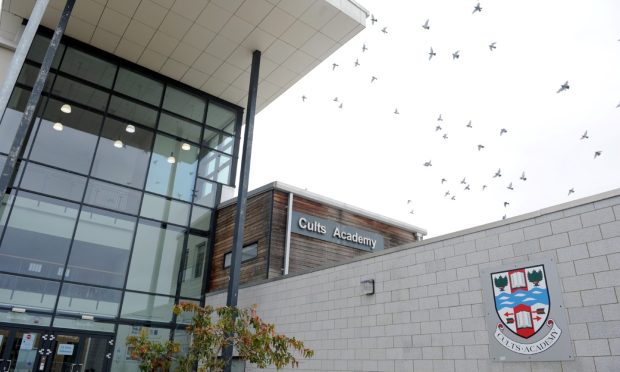

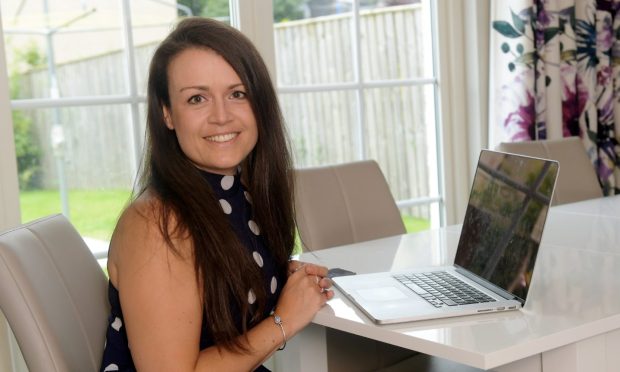
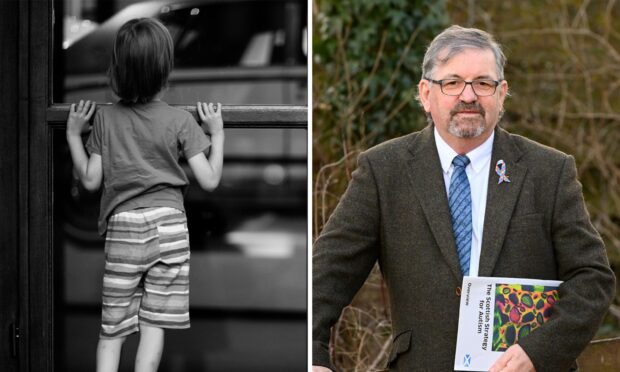
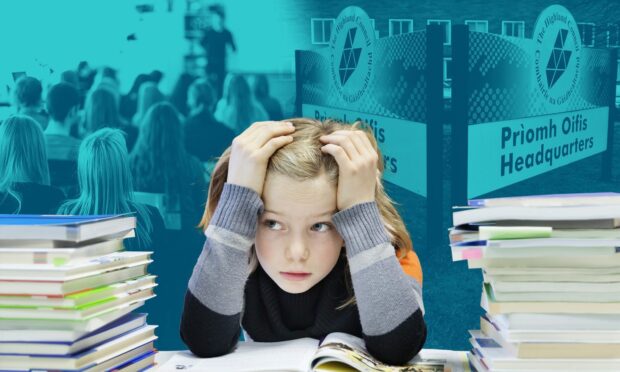

Conversation